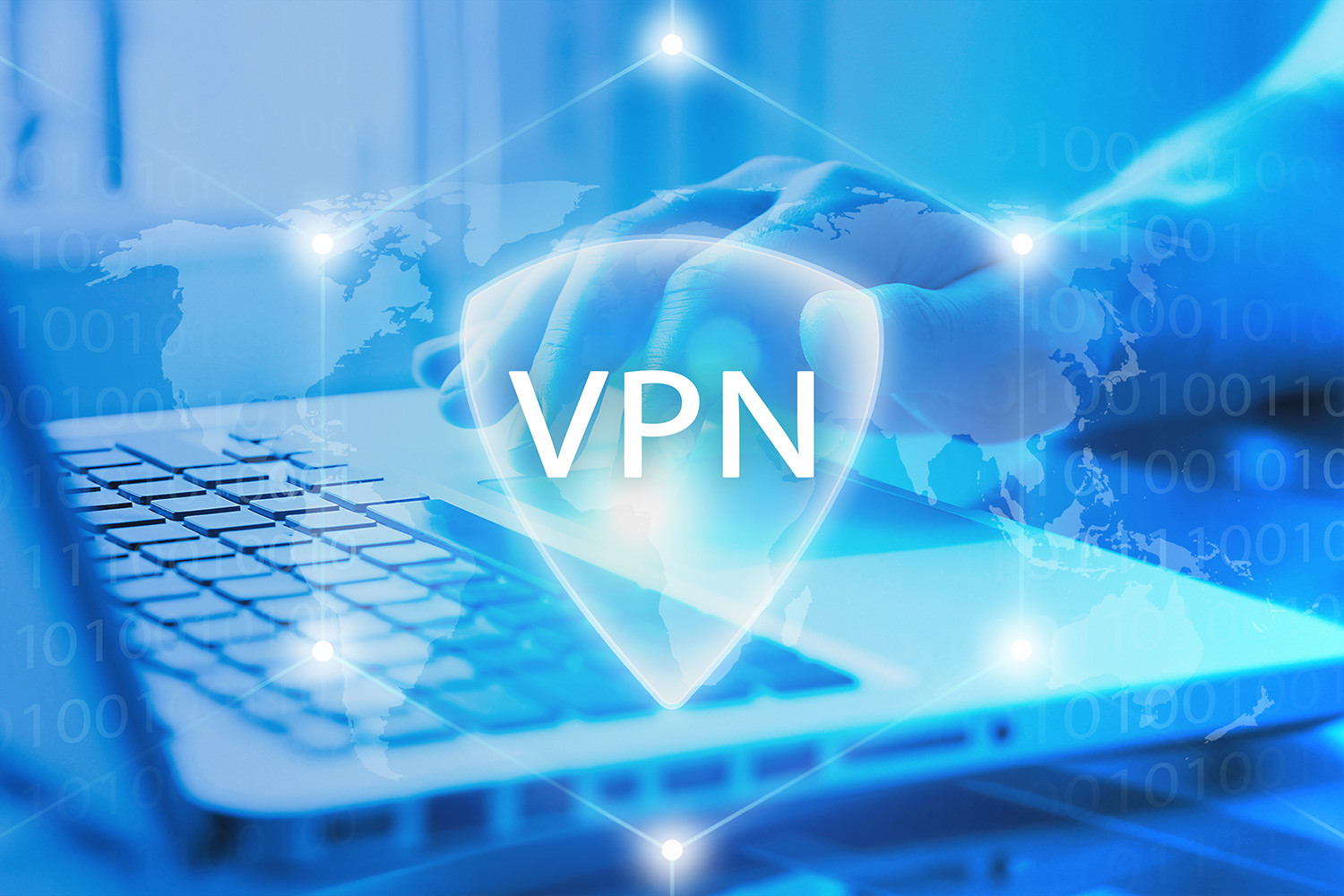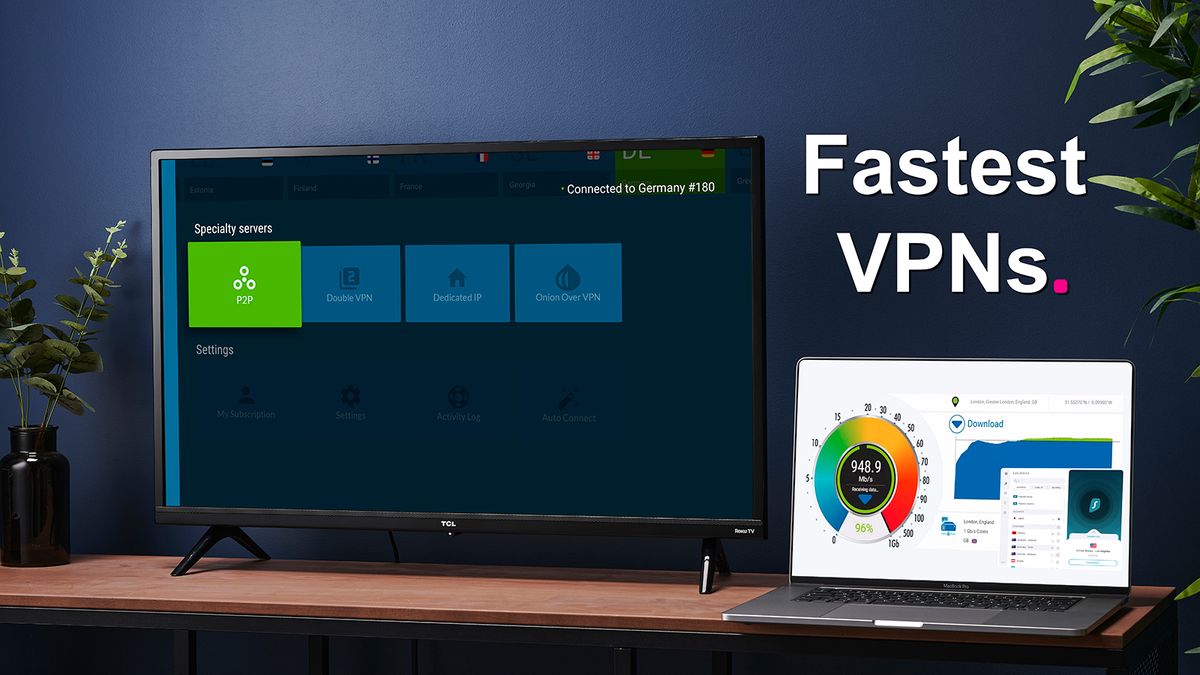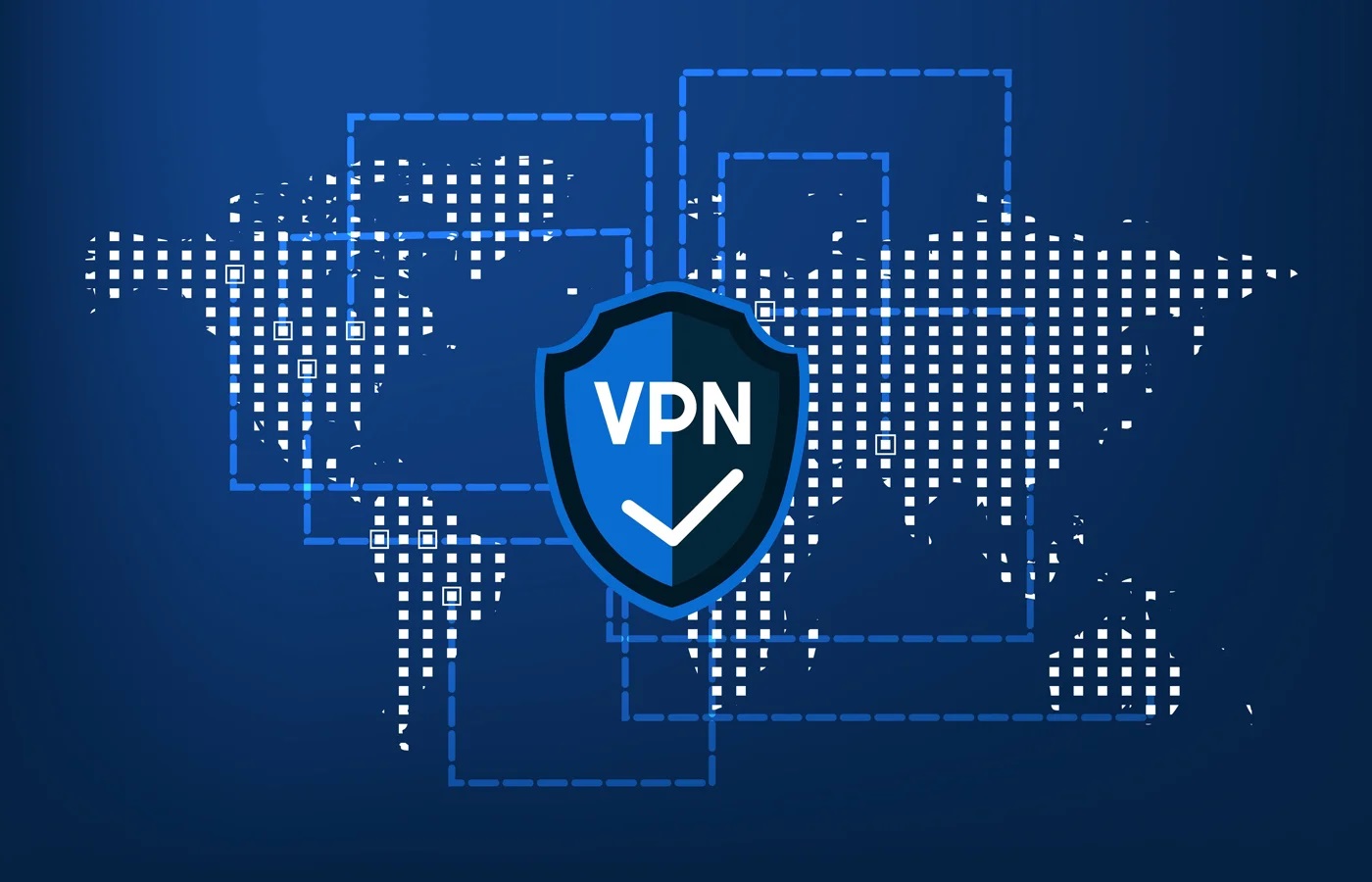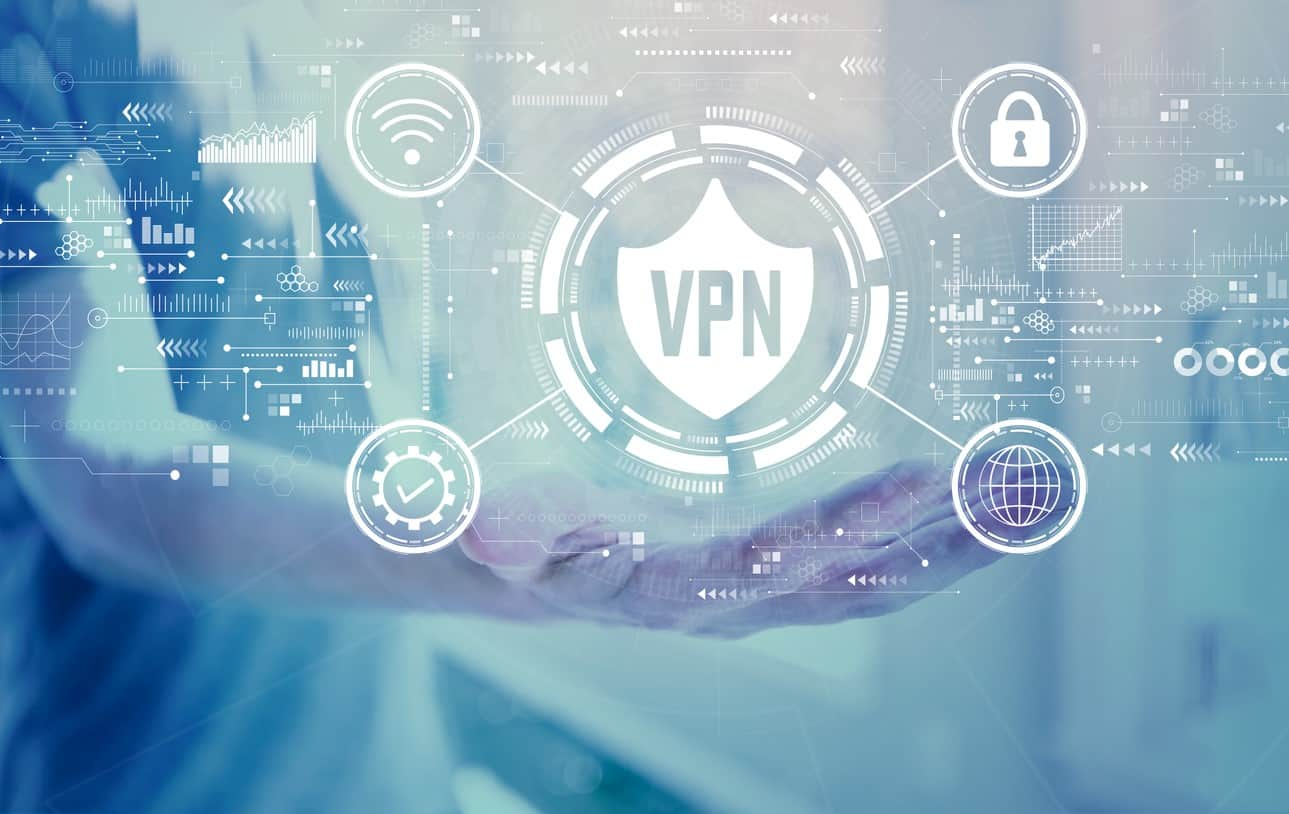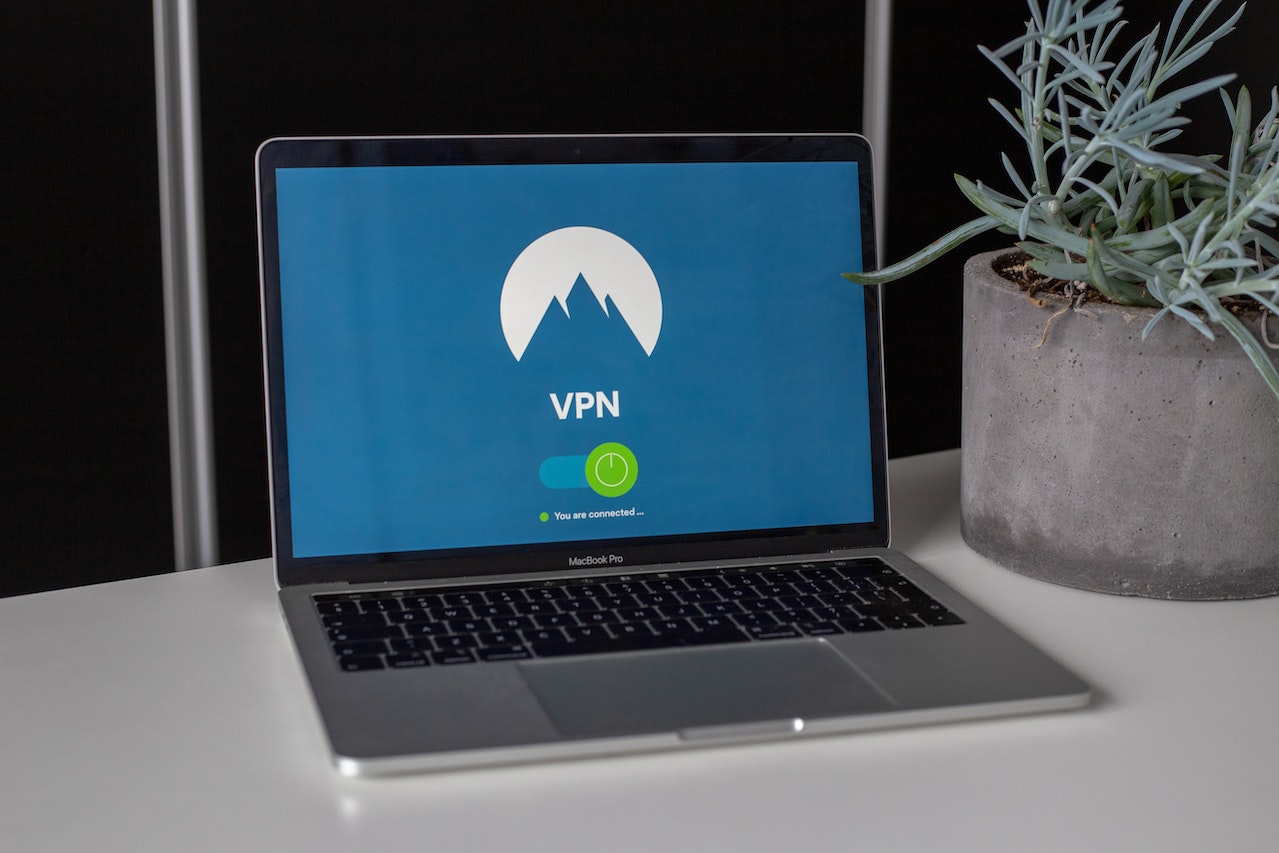Home>Software and Apps>Exploring the World of P2P VPNs


Software and Apps
Exploring the World of P2P VPNs
Modified: September 5, 2024
Discover the best P2P VPN software and apps for secure and private browsing. Explore the world of peer-to-peer VPNs and enhance your online privacy today.
(Many of the links in this article redirect to a specific reviewed product. Your purchase of these products through affiliate links helps to generate commission for Techsplurge.com, at no extra cost. Learn more)
Table of Contents
What is a P2P VPN?
A P2P VPN uses peer-to-peer technology to establish secure, private connections between devices. Unlike traditional VPNs relying on centralized servers, P2P VPNs distribute workloads among multiple nodes, creating a decentralized network. This architecture allows for efficient data transfer and enhanced security.
How Does a P2P VPN Work?
The operation of a P2P VPN involves several key components:
-
Node Network: A network of nodes is created. These nodes can be any device capable of running the necessary software, such as computers, smartphones, or IoT devices. Each node acts as both a client and a server, contributing to the overall network.
-
Connection Establishment: When a user wants to connect to the P2P VPN, they initiate a connection request. The request is routed through the existing network of nodes, which dynamically adjust their connections to accommodate the new user.
-
Data Routing: Once connected, data is routed through the network of nodes. Each node encrypts and decrypts the data as it passes through, ensuring sensitive information remains secure.
-
Encryption: P2P VPNs typically use robust encryption protocols such as AES (Advanced Encryption Standard) to protect data in transit. This encryption ensures that even if an unauthorized party intercepts the data, it will be unreadable without the decryption key.
-
Node Selection: The selection of nodes in a P2P VPN is often dynamic. Nodes can be chosen based on factors like proximity to the user, available bandwidth, and security level. This dynamic selection helps optimize network performance and security.
Benefits of P2P VPNs
P2P VPNs offer several advantages over traditional VPNs:
-
Enhanced Security: Distributing the workload among multiple nodes reduces the risk of a single point of failure. This decentralized architecture makes it more difficult for hackers to intercept and exploit data.
-
Improved Performance: Data routed through multiple nodes reduces the load on any single node. This can lead to faster data transfer rates and lower latency compared to traditional VPNs.
-
Scalability: P2P VPNs can scale more easily than traditional VPNs. As more nodes join the network, the capacity increases, allowing it to handle a larger number of users without significant performance degradation.
-
Anonymity: The decentralized nature of P2P VPNs makes it harder to track user activity. Since data is routed through various nodes, it becomes challenging for ISPs or third-party observers to identify the source and destination of the data.
-
Cost-Effective: P2P VPNs can be more cost-effective than traditional VPNs because they do not require a centralized server infrastructure. This reduces the need for expensive hardware and maintenance costs.
Challenges and Limitations
While P2P VPNs offer several benefits, they also come with some challenges and limitations:
-
Complexity: Setting up and managing a P2P VPN can be complex, especially for those without technical expertise. The dynamic nature of the network requires sophisticated software that can handle node selection, encryption, and data routing efficiently.
-
Node Reliability: The reliability of the network depends on the reliability of the nodes. If a significant number of nodes fail or become unresponsive, the network performance can degrade significantly.
-
Security Risks: While P2P VPNs are generally secure, there is always a risk of compromised nodes. If a node is compromised by malware or a hacker, it could potentially expose the entire network to security risks.
-
Legal Considerations: The use of P2P VPNs can sometimes raise legal concerns, particularly in jurisdictions where P2P file sharing is illegal. Users should always ensure they are complying with local laws and regulations.
Practical Applications
P2P VPNs have several practical applications in various fields:
-
File Sharing: P2P VPNs are often used in file-sharing applications where users need to share large files securely. The decentralized nature of the network ensures that files are distributed efficiently and securely.
-
Remote Work: For remote workers, P2P VPNs can provide a secure and efficient way to connect to company networks. By distributing the workload among multiple nodes, P2P VPNs can ensure high-speed connections even over long distances.
-
IoT Security: As IoT devices become increasingly connected to the internet, P2P VPNs can provide a secure way to manage these devices. By creating a decentralized network of IoT devices, P2P VPNs can ensure that data transmitted by these devices remains secure.
Read more: Tech Blog: Exploring the World of Subtitles
Tools and Software
Several tools and software solutions are available for setting up and managing P2P VPNs:
-
OpenVPN: A popular open-source VPN solution that supports P2P networking. It provides robust encryption and dynamic node selection, making it a versatile tool for various applications.
-
WireGuard: Another open-source VPN solution that supports P2P networking. Known for its simplicity and high performance, it is a popular choice among developers and users.
-
LibreVPN: A free and open-source P2P VPN solution that aims to provide secure and private connections. It uses advanced encryption protocols and dynamic node selection to ensure high-speed and secure connections.
-
Tunnelblick: A free, open-source VPN client for macOS that supports P2P networking. It provides a user-friendly interface for setting up and managing P2P VPN connections.
P2P VPNs offer a unique approach to network security and privacy by leveraging peer-to-peer technology. Their decentralized architecture enhances security, improves performance, and provides anonymity. However, they also come with challenges such as complexity, node reliability, and security risks. By understanding the benefits and limitations of P2P VPNs, users can make informed decisions about their use in various applications. Whether it's for file sharing, remote work, or IoT security, P2P VPNs provide a robust solution for those seeking secure and efficient data transfer.

